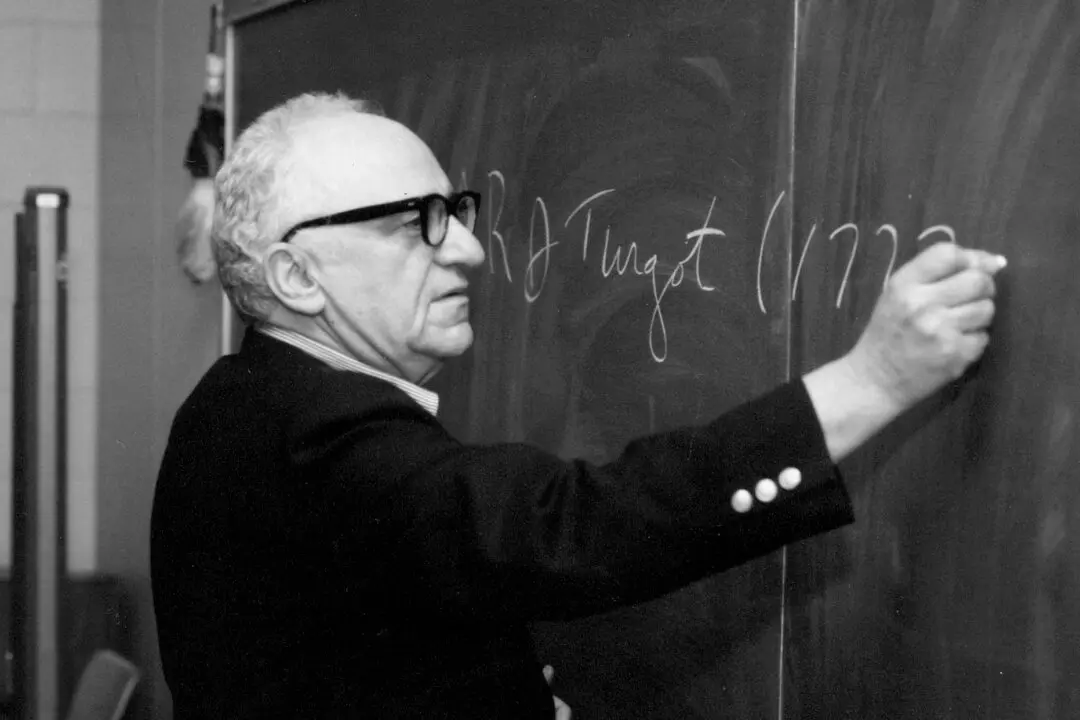Commentary
It’s astonishing how lies can take hold in political rhetoric and then become some kind of fake reality. I’m thinking in particular about the ridiculous claim that Florida Gov. Ron DeSantis was banning books all over Florida. It never happened. The whole calumny was based on a parent-driven effort to get sexually explicit books out of public school classrooms. It’s hardly banning: All these books can be acquired in other ways if you really want them.





